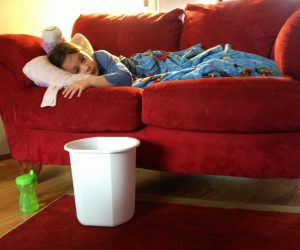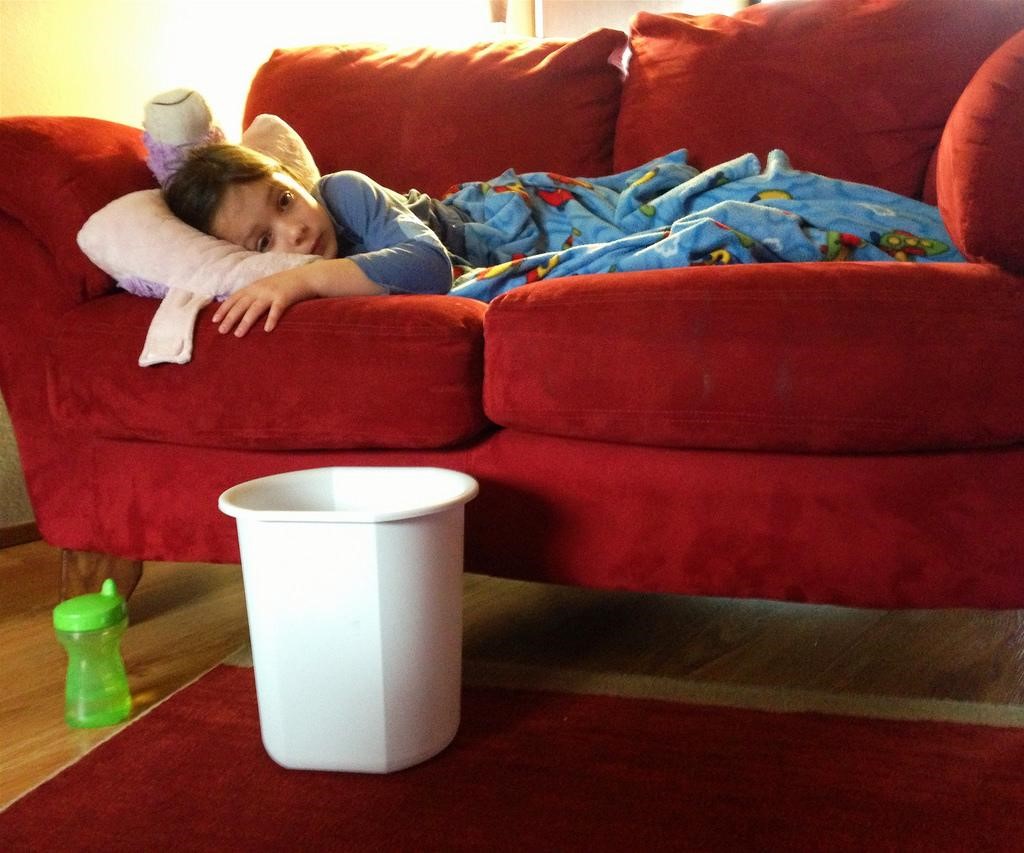Norovirus is the “winter vomiting bug” that can strike at any time of year. It causes sickness and diarrhoea and is highly infectious. It is very unpleasant, although most people make a full recovery and don’t need any special treatment. The young and elderly will need extra support and care to recover well from this illness. Vulnerable adults may be in need of a part time care London agency, which you can find from https://www.guardiancarers.co.uk/services/part-time-care . Companies like these will be well prepared to deal with any kind of illness that occurs. Here are a few helpful tips to help you recover.
Drink fluids
Vomiting and diarrhea will dehydrate you very quickly, so it is important to drink plenty of fluids to replace what you’re losing. Water is very good, and you could also try squash, fruit juice or a preparation like Dioralyte. If you are finding it hard to drink because you feel so ill, take frequent, small sips.
Take paracetamol for fever or aching
Not everybody who gets Norovirus will suffer from these symptoms, but if you do, there are simple ways to reduce the pain. Paracetamol will help with the pain and reduce your fever. You could also try taking a probiotic supplement or a zinc supplement. These can help prevent infections or reduce their severity. There is no actual cure for norovirus, but you can find helpful suggestions on the NHS website.
Try not to pass it on
Norovirus is highly infectious, so you need to try to keep others from catching it. Stay at home for 48 hours after your symptoms stop, as you will still be able to infect other people. You should also try to avoid preparing food for at least 48 hours. The virus can hang around on surfaces and towels for several days, so it’s really important that you wash your hands very frequently, wipe all surfaces down, and avoid sharing towels to prevent the spread of infection.
When should you seek medical help?
Most of the time, Norovirus is unpleasant but not very dangerous. You should seek your doctor’s advice if the symptoms continue for three days or more. Babies, small children or the elderly might need help rehydrating, so watch them carefully and ask for medical advice if you think they are having a problem.

